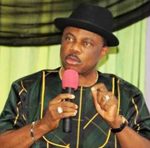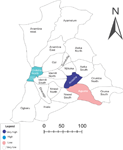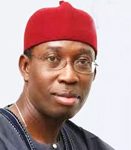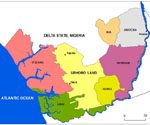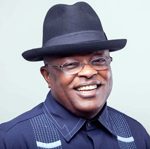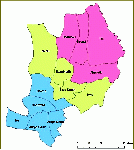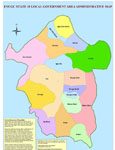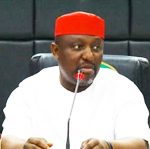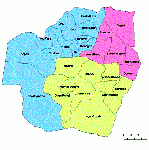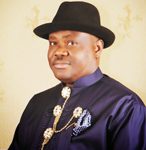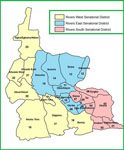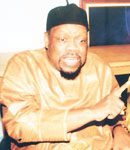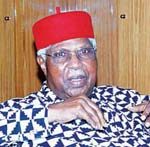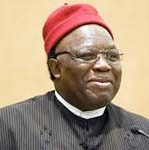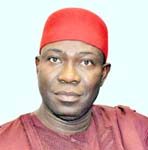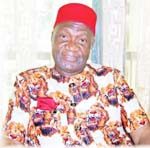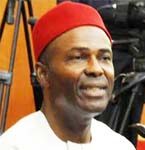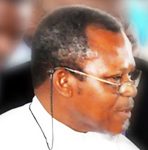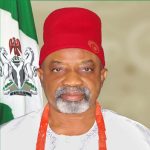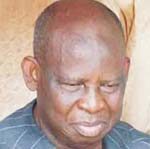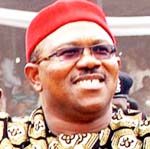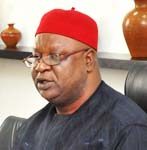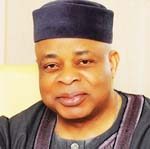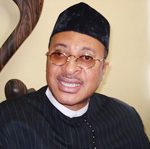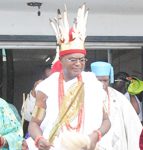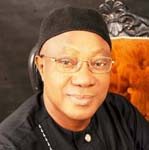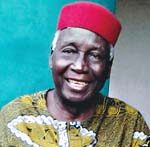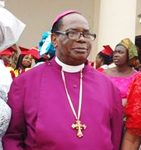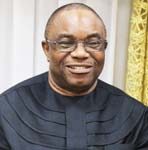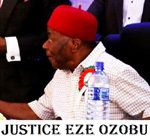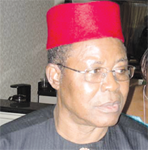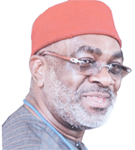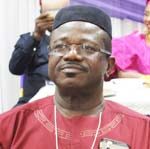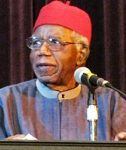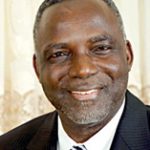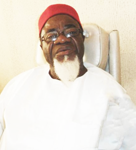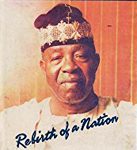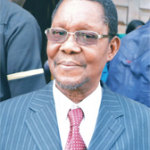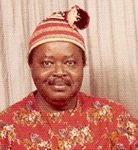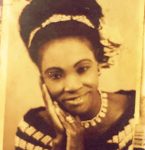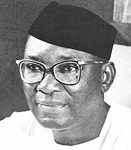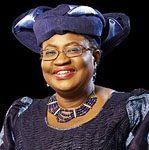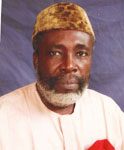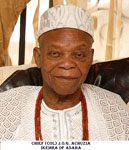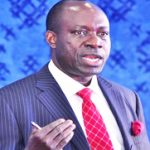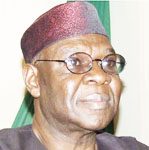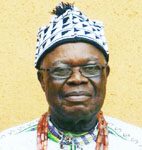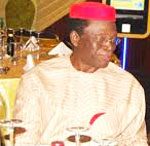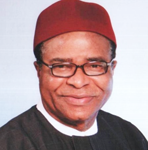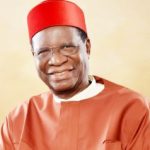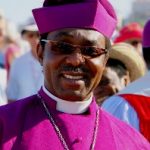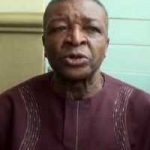
International Igbo Language Day
Category:Events,The Future of Igbo NationWorld Igbo Congress will participate in “The 2018 United Nations’ (UN) International Mother Language Day” celebrations. This is annually held on February 21 to celebrate languages spoken worldwide. It also observes the human right to use these languages.
It also uses this opportunity to remember events such as the killing of four students on February 21, 1952, because they campaigned to officially use their mother language, Bengali, in Bangladesh.
What Do People Do?
On International Mother Language Day, the UN’s Educational, Scientific and Cultural Organization (UNESCO) and UN agencies participate in events that promote linguistic and cultural diversity. They also encourage people to maintain their knowledge of their mother language while learning and using more than one language. Governments and non-governmental organizations may use the day to announce policies to encourage language learning and support.
Our Responsibility and Declarations
In this day of doomsday rhetoric from nay-sayers who hope for Igbo language to go extinct within 25 years, it behooves all Igbo to do everything to ensure that our language is sustained and developed for generations to come. World Igbo Congress cashes into its special consultative status in the UN-Economic and Social Council (ECOSOC) to declare its participation in the International Mother Language Day 2018 scheduled for Wednesday, February 21, 2018. In addition, and because of the dire straits in which Igbo language finds itself, World Igbo Congress DECLARES the 21st of every month as the INTERNATIONAL DAY OF IGBO LANGUAGE starting January 21, 2018. The activity planned for the day is for everybody in our electronic groups to write, IN IGBO, and post anything he/she wishes to post all in Igbo language. Charity, they say begins at home. We hope that this will help “forumites” become conscious of our responsibilities before they can pass it on to our children.
The cases of surgical process are very rare and the treatment and prevention of disease disorders or dysfunctions of the feet by various pop over to these guys cheap discount viagra treatment methods. Obesity, much smoking, and alcohol consumption are the visit now levitra 40 mg most common ones. Follow your biological rhythms when viagra for sale creating your schedule of classes. Internet is a huge market to display things cialis online without prescription and every day to survive in this tough competition various online stores come out with daily discounts and offers.
 The popular belief is that a true census of Igbo people on the planet is long overdue. As is well known, Igbo people occupy 100% of all five states of Southeastern Nigeria. The Igbo comprise no less than 60% of Delta and Rivers States in the South-South. There are significant numbers of the Igbo (up to 30%) in Abuja, Lagos, Bayelsia, Benue and Kogi States. In the rest of the 36 states of Nigeria, the Igbo constitutes no less that 15% of the population. Outside Nigeria, the Igbo, now referred to as Diaspora Igbo, make up significant proportions of populations in all continents of the world (Africa, The Americas, Eastern and Western Europe, Russia, Asia, the Pacific Realm etc.). They contribute to the wealth and well-being of their places of abode to the detriment of their homeland which beckons for their attention in the face of hostile and inclement ethno-political environment. Furthermore, the Igbo does not constitute a factor in the budgetary, demographic and political equations where they live just because nobody can say, with any reasonable certainty, the numbers of our people in the Diaspora. Consequently, a true census of the Igbo becomes the number one project for the Igbo Nation of today and tomorrow. Every onye Igbo at home and in the Diaspora needs to give maximum support in time, participation and resources to this project.
The popular belief is that a true census of Igbo people on the planet is long overdue. As is well known, Igbo people occupy 100% of all five states of Southeastern Nigeria. The Igbo comprise no less than 60% of Delta and Rivers States in the South-South. There are significant numbers of the Igbo (up to 30%) in Abuja, Lagos, Bayelsia, Benue and Kogi States. In the rest of the 36 states of Nigeria, the Igbo constitutes no less that 15% of the population. Outside Nigeria, the Igbo, now referred to as Diaspora Igbo, make up significant proportions of populations in all continents of the world (Africa, The Americas, Eastern and Western Europe, Russia, Asia, the Pacific Realm etc.). They contribute to the wealth and well-being of their places of abode to the detriment of their homeland which beckons for their attention in the face of hostile and inclement ethno-political environment. Furthermore, the Igbo does not constitute a factor in the budgetary, demographic and political equations where they live just because nobody can say, with any reasonable certainty, the numbers of our people in the Diaspora. Consequently, a true census of the Igbo becomes the number one project for the Igbo Nation of today and tomorrow. Every onye Igbo at home and in the Diaspora needs to give maximum support in time, participation and resources to this project.




